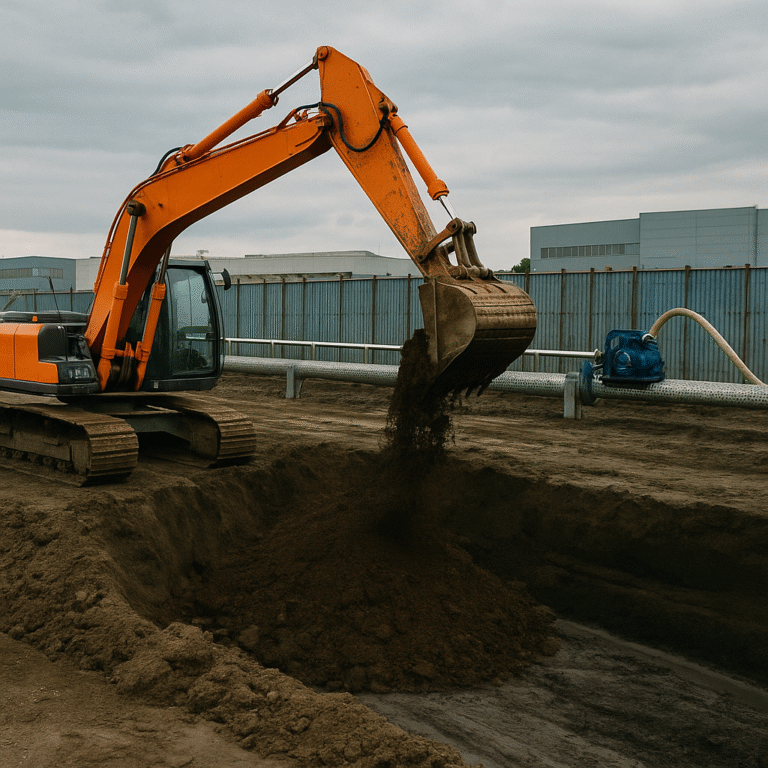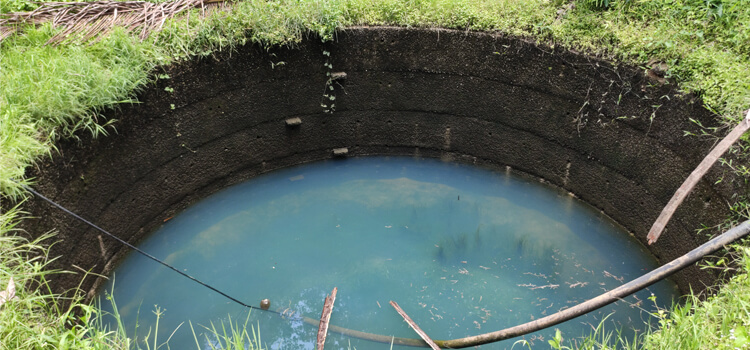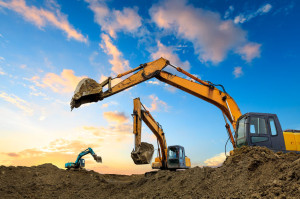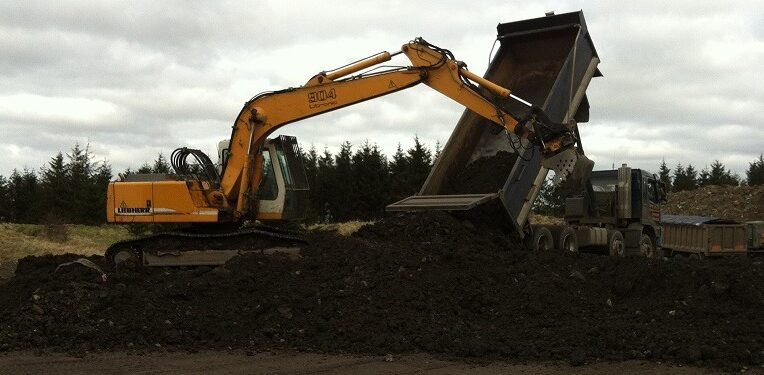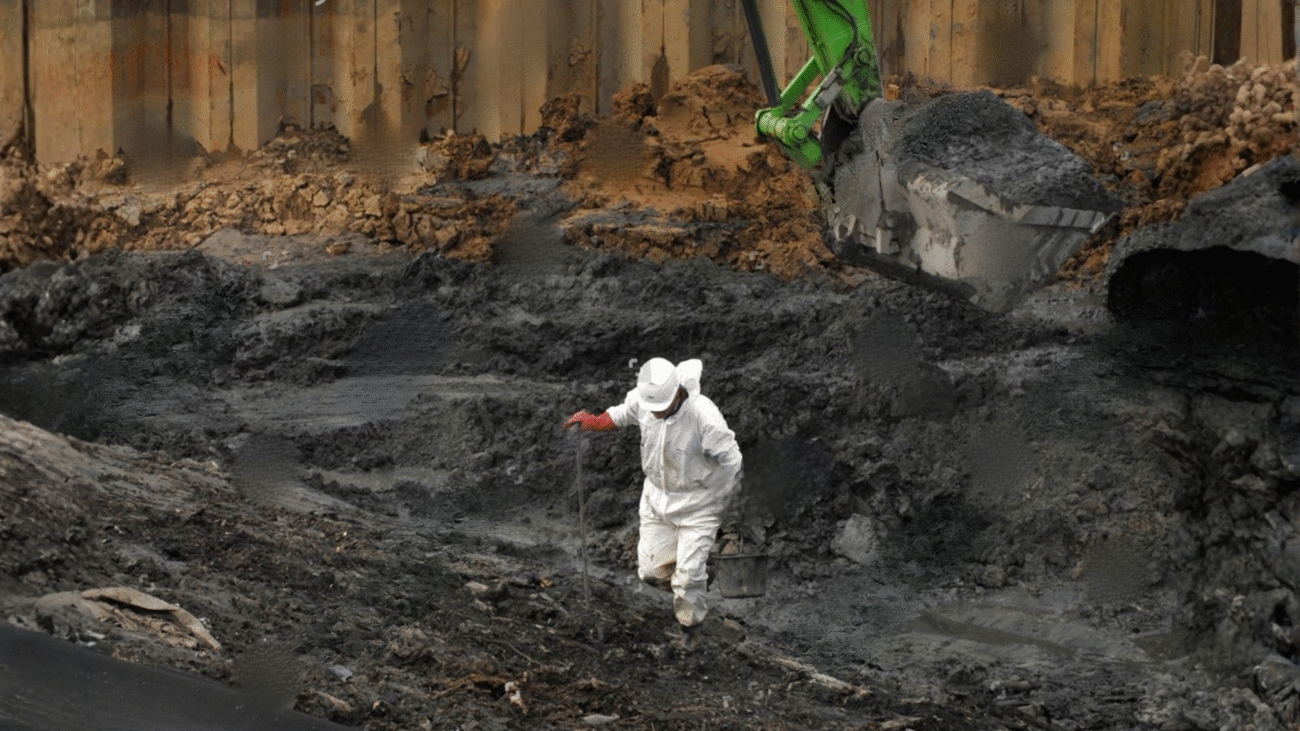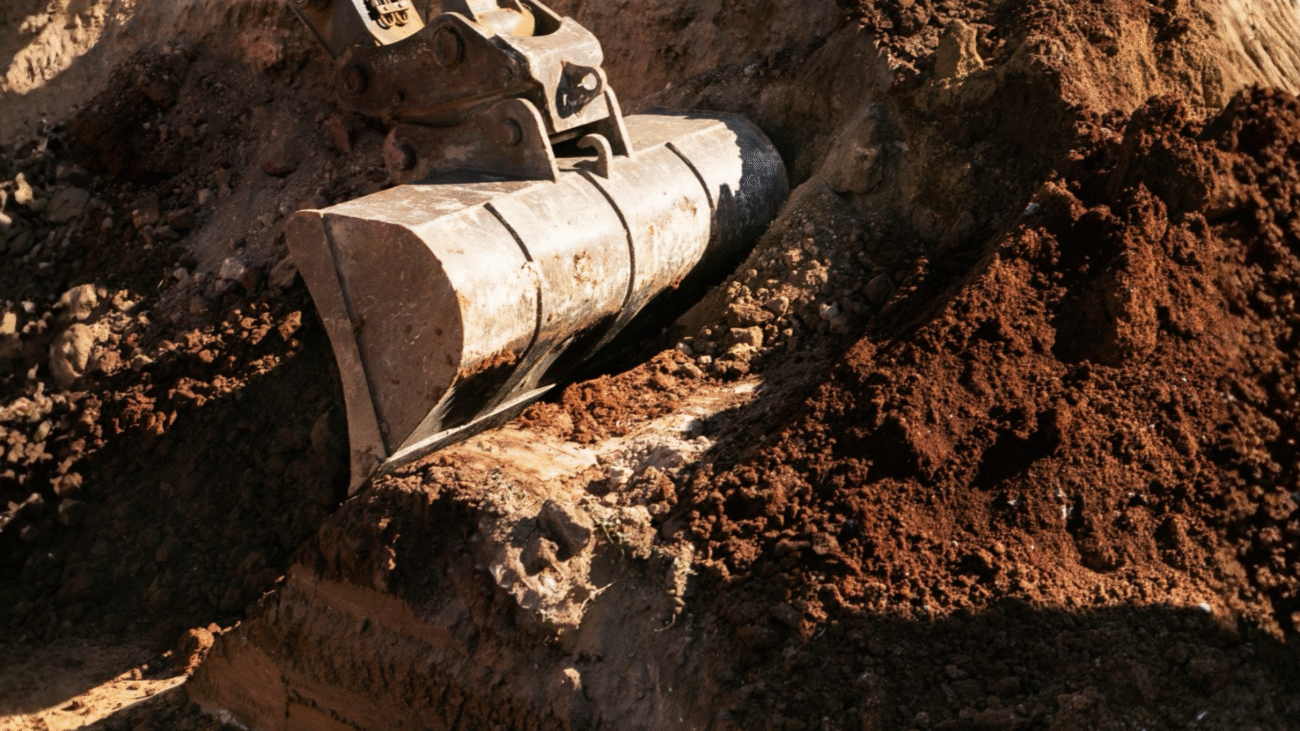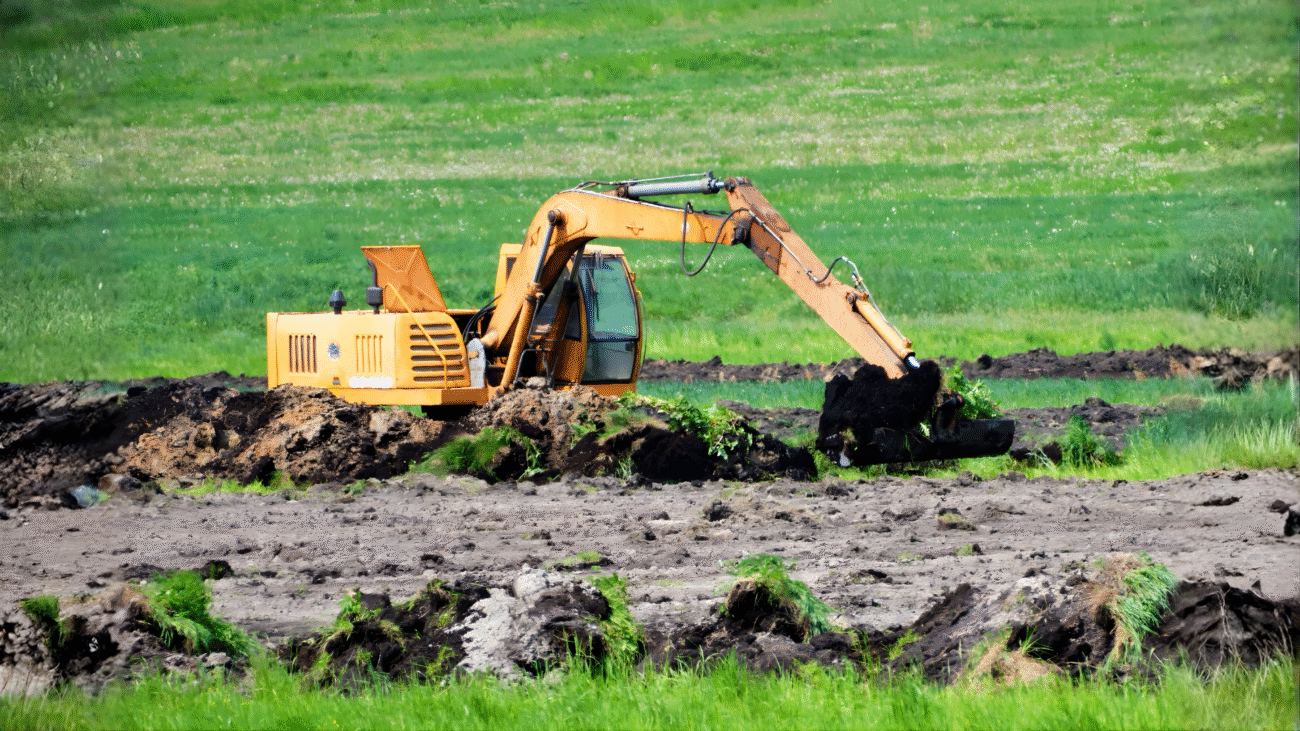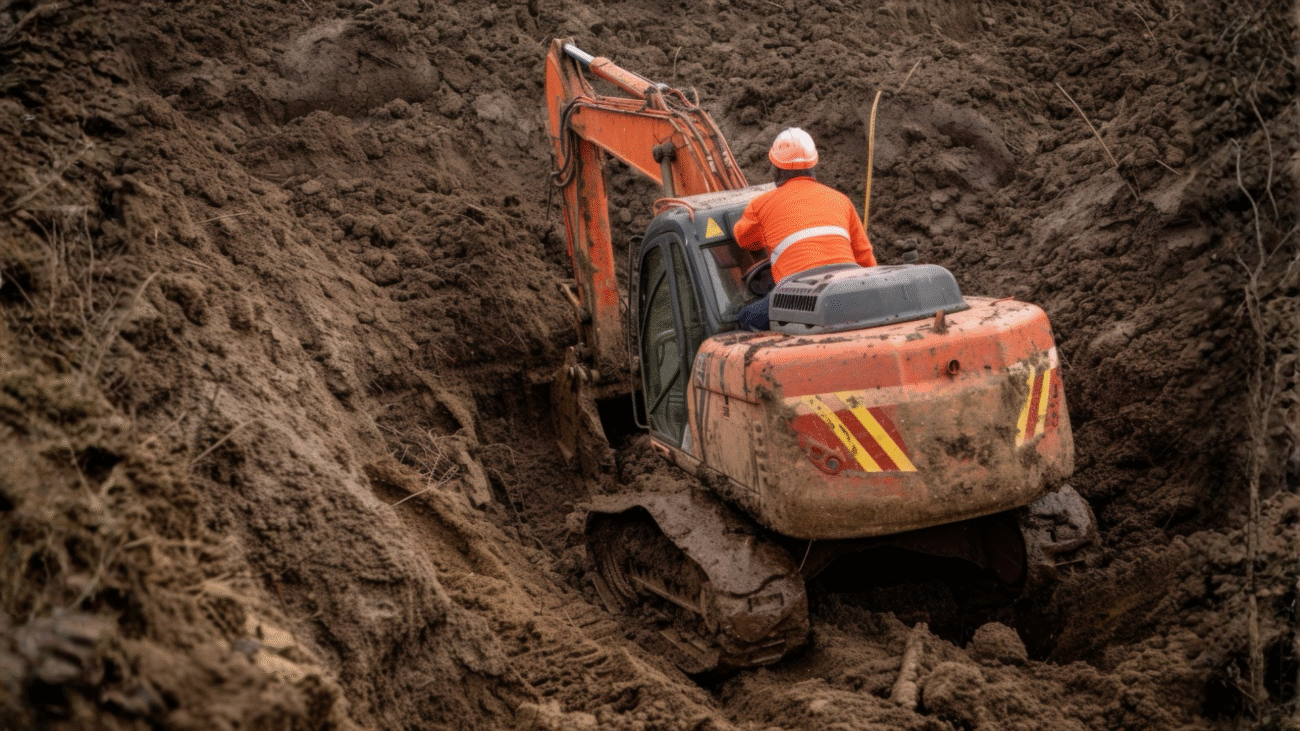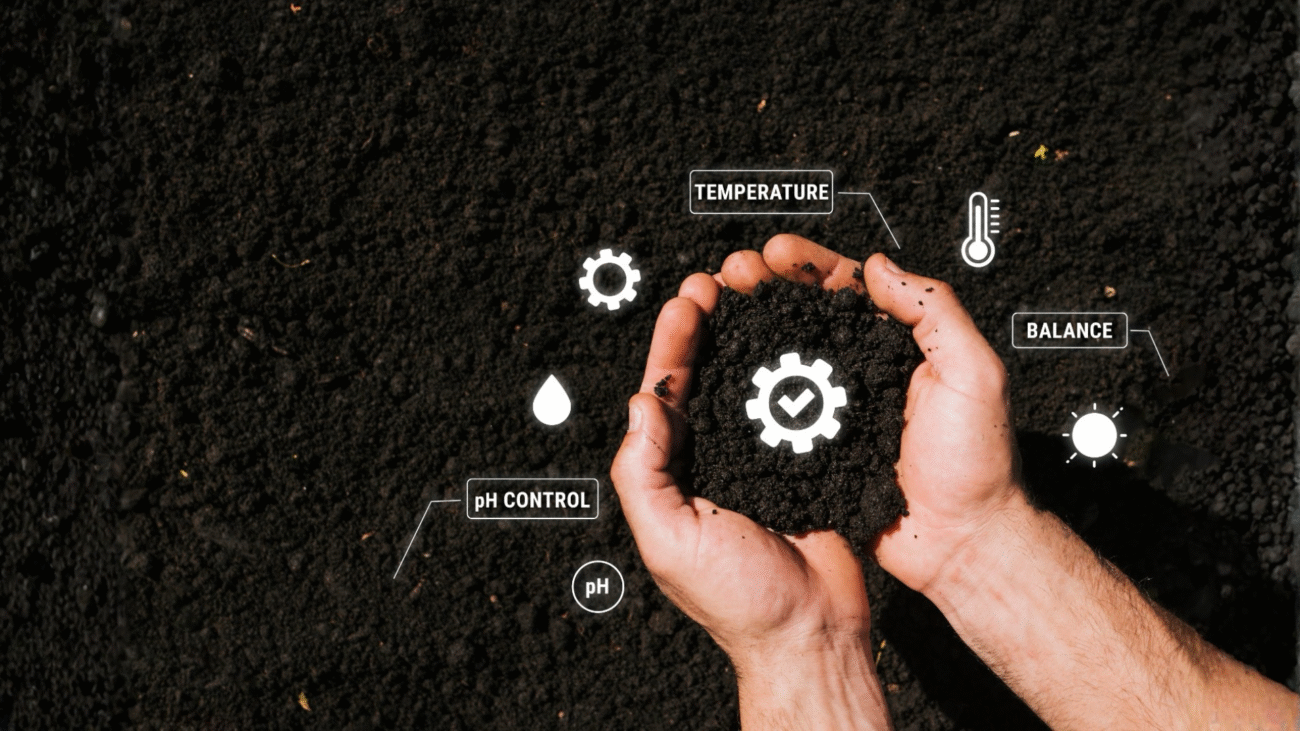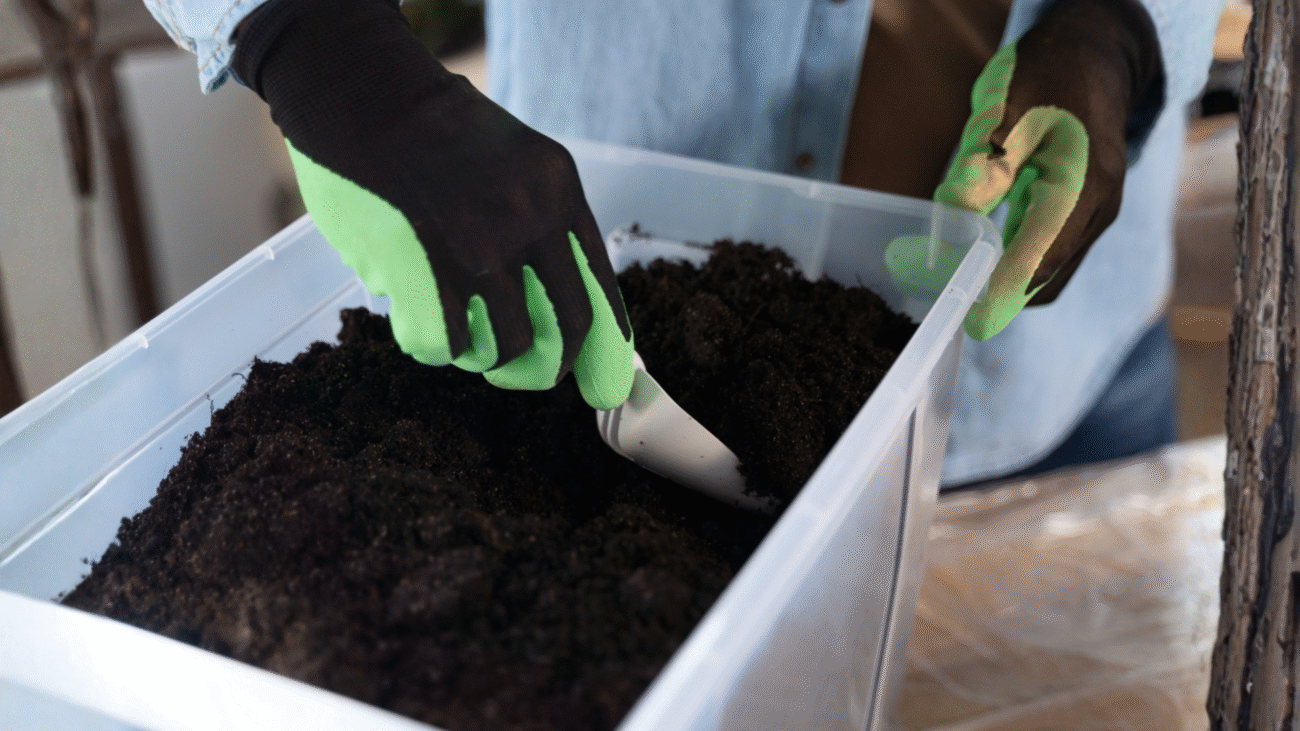Soil Remediation Services: Restoring Contaminated Land for a Healthier Environment
Introduction
Soil Remediation Services play a vital role in protecting our environment, groundwater, and public health. Over time, industrial activities, oil leaks, sewage spills, and chemical discharges degrade soil quality, turning productive land into potential hazards. At The Ground Water Company (GWC), we specialize in identifying, treating, and restoring contaminated land through advanced scientific and engineering methods.
Our solutions go beyond clean up they ensure that the soil is safe for reuse, that groundwater remains uncontaminated, and that industries and municipalities meet strict environmental compliance standards.
Soil Remediation Services
Soil Remediation Services are designed to identify, treat, and restore contaminated land to a safe and usable condition. We combine advanced environmental engineering techniques with scientific precision to address pollutants such as hydrocarbons, heavy metals, pesticides, and chemical residues.
Our approach begins with a detailed site investigation to determine the extent and type of contamination. Based on the results, we develop a customized remediation plan using proven methods like bioremediation, chemical oxidation, soil vapor extraction, and thermal treatment soil remediation. For complex cases such as fuel leaks or petroleum-impacted zones, we implement specialized techniques including gas station soil remediation and multiphase extraction remediation to remove both soil-bound and groundwater contaminants effectively.
Methods of Soil Remediation
At The Ground Water Company, we employ a wide range of proven remediation techniques depending on soil type, contamination level, and site requirements.
1. Excavation and Off-Site Disposal
The most direct method involves removing contaminated soil and transporting it to licensed treatment or disposal facilities. This approach is ideal for highly polluted or localized sites.
2. In-Situ Bioremediation
A sustainable technique that uses microorganisms to naturally degrade organic pollutants such as hydrocarbons, solvents, and industrial effluents within the soil itself.
3. Multiphase Extraction Remediation (or Multi Phase Extraction Remediation)
A combined process that removes both liquid and vapor contaminants from soil and groundwater simultaneously. It’s particularly effective for sites impacted by petroleum hydrocarbons, solvents, and other volatile organic compounds.
4. Soil Vapor Extraction (SVE)
This technique extracts volatile pollutants from the unsaturated soil zone using vacuum pressure, helping to clean up vapor-phase contaminants.
5. Thermal Treatment Soil Remediation
Heat-based systems are used to volatilize or destroy contaminants. This thermal treatment soil remediation method is efficient for removing hydrocarbons, solvents, and heavy organic compounds from industrial or refinery sites.
6. Phytoremediation
An eco-friendly approach that uses plants and their root systems to absorb, stabilize, or degrade contaminants in soil. It is ideal for large, low-to-moderate contamination sites.
7. Chemical Oxidation and Reduction
Chemicals such as hydrogen peroxide or ozone are injected into the contaminated zone to oxidize pollutants into less harmful substances.
8. Sewage Contaminated Soil Treatment
When soil is polluted due to sewage leaks or untreated wastewater discharge, sewage contaminated soil treatment is performed to neutralize pathogens and restore soil health for safe reuse.
Our Process for Effective Soil Remediation
At GWC, every remediation project begins with a scientific foundation:
- Site Investigation & Soil Sampling
- Identifying contamination sources and pollutant concentration.
- Using borehole drilling, soil profiling, and chemical analysis for accurate data.
- Risk Assessment & Design
- Evaluating human health and ecological risks.
- Designing tailored remediation plans based on soil type and local regulations.
- Implementation & Monitoring
- Executing the chosen remediation technique efficiently.
- Continuous monitoring to ensure compliance and success.
- Post-Remediation Verification
- Testing treated soil and groundwater to confirm pollutant removal.
- Providing complete documentation and environmental clearance reports.
Benefits of Soil Remediation
- Restores Land Productivity and Usability
One of the most important outcomes of soil remediation is the restoration of land for safe and productive use. Contaminated soils are often unsuitable for construction, agriculture, or even green landscaping. Through techniques like contaminated soil remediation, thermal treatment soil remediation, and multiphase extraction remediation, pollutants such as hydrocarbons, heavy metals, and solvents are effectively removed or neutralized.
2. Protects Groundwater and Aquatic Systems
Soil contamination rarely stays confined to the ground surface it gradually seeps into aquifers, contaminating groundwater sources. This poses serious risks to communities, agriculture, and ecosystems that rely on these underground reserves
3. Enhances Public Health and Safety
Toxic contaminants such as lead, arsenic, benzene, and sewage waste can cause severe health issues if left untreated in the environment. They can enter the food chain through crops, spread through dust particles, or mix with drinking water sources. Through targeted methods like sewage contaminated soil treatment and bioremediation, harmful substances are eliminated, creating safer environments for nearby residents
4. Supports Sustainable Urban and Industrial Development
As cities expand, the availability of uncontaminated land becomes limited. Soil remediation allows old industrial zones, refineries, and brownfield sites to be safely redeveloped into residential, commercial, or green projects. This supports sustainable urban renewal without consuming new land. Developers benefit from increased property value, while governments meet environmental goals.
The Ground Water Company’s Expertise
At The Ground Water Company (GWC), we combine hydrogeological expertise, environmental engineering, and field experience to deliver efficient soil remediation solutions. From gas station soil remediation to large-scale multiphase extraction remediation, our team uses advanced tools, field-tested technology, and a sustainability-first approach to ensure long-term success.
Every remediation project is guided by the same mission: to protect land, restore ecosystems, and secure safe, usable soil for the future.
Conclusion
Soil Remediation Services are essential to building a cleaner and healthier world. Whether it’s industrial waste, oil spills, or sewage contamination, restoring soil quality protects not only land but also groundwater and human life.
At The Ground Water Company (GWC), we bring innovation and responsibility together using the best of science, technology, and environmental care to transform contaminated sites into safe, productive spaces. Because the foundation of a sustainable future begins beneath our feet.


